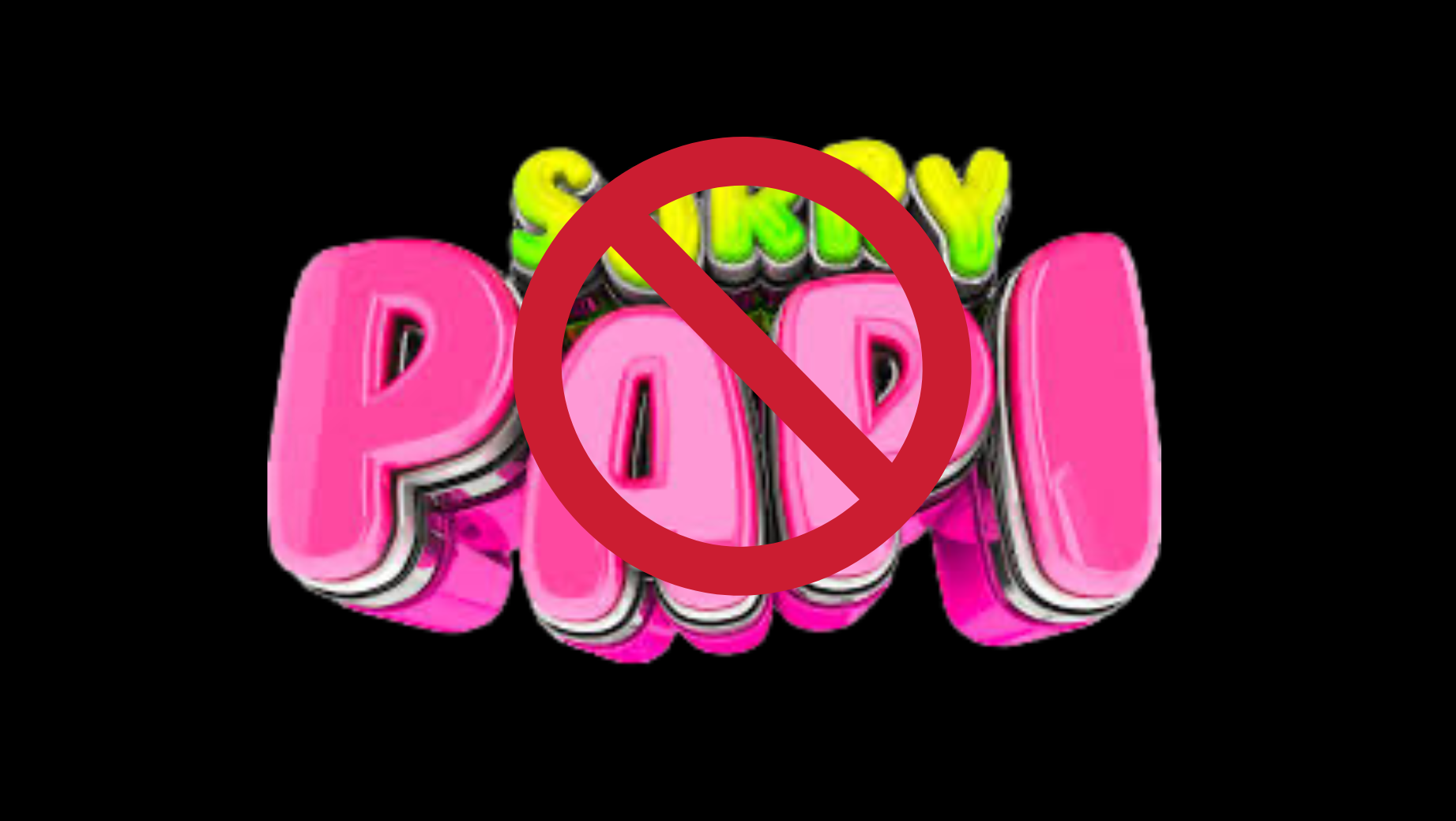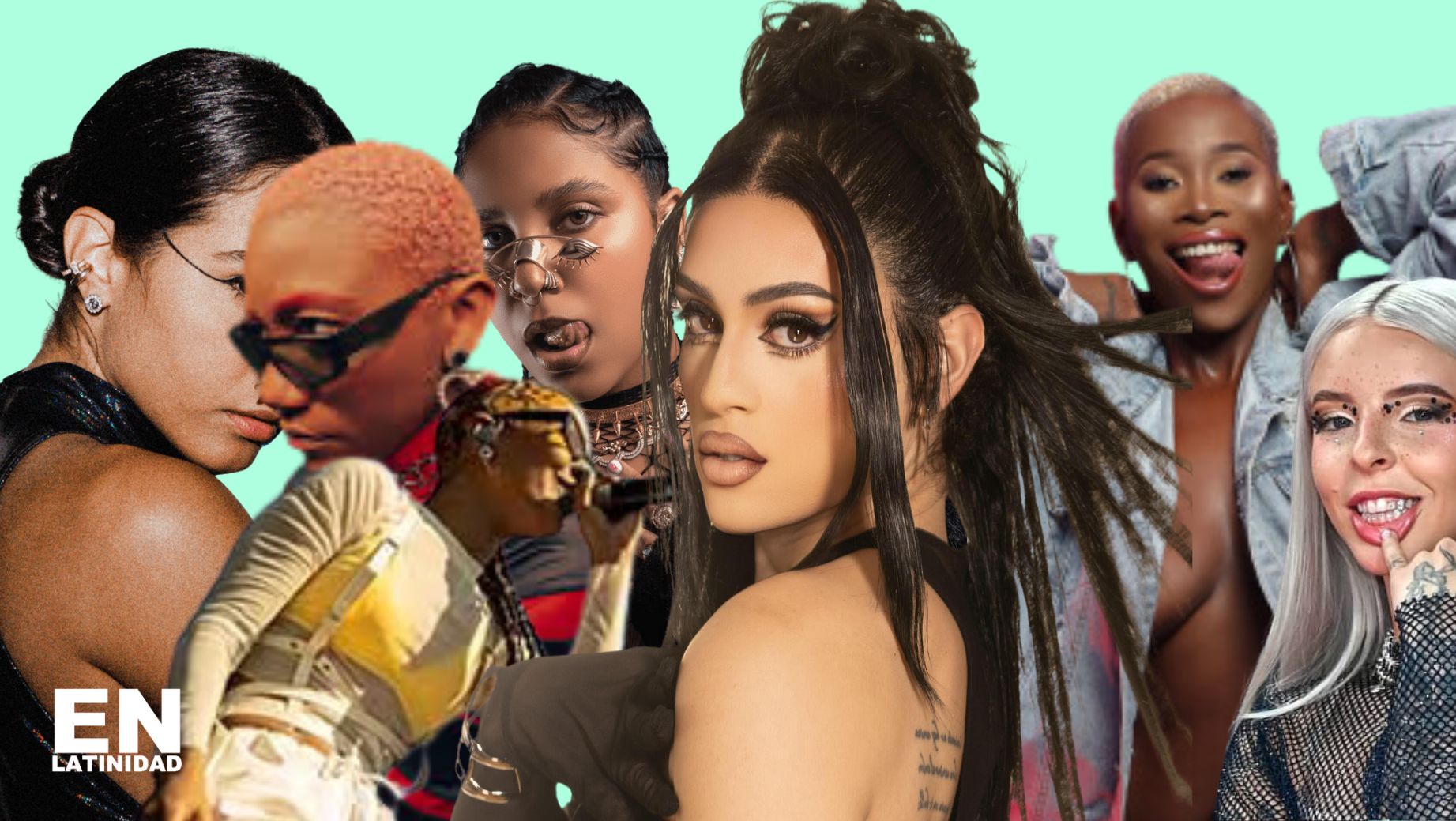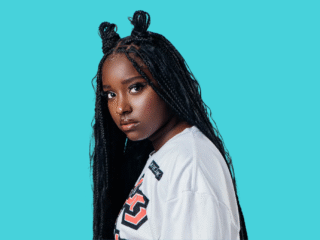Not All “Safe Spaces” Are Safe: What I experienced behind the Scenes of an Out of touch All-Girl Reggaetón Party: sorrypapitour
When I first agreed to host several dates of a national reggaetón party that branded itself as the largest all-women reggaetón tour, I was hopeful. The promise of a space by us, for us—centered around reggaetón, femme power, and the community I’ve dedicated my career to—sounded like a dream. But dreams, when built without ethics, consent, or accountability, can quickly become nightmares.
I was one of the emcees for the Summer 2022 tour stops in Dallas, Houston, both nights in New York City, and Boston. I took the stage with my co-host and fellow cultural force, Jenni Mota. Together, we brought energy, knowledge, and history to a movement we’ve helped shape. But behind the scenes, what I witnessed and experienced told a much darker story—one of performative feminism, unchecked power, and deeply harmful dynamics that many Black Latinas, queer femmes, and creatives will recognize.
The tour was owned and operated by a corporate group primarily led by men. Despite branding the party as a feminist and women-first experience, the structure and management echoed the same misogynistic and hierarchical power systems the event claimed to disrupt. The leadership fostered a culture of control, hostility, and silence.
During multiple dates, I was repeatedly spoken down to and yelled at by the tour manager in front of other staff members. Requests were made that I leverage my platform and contacts to legitimize the tour, while at the same time being treated as disposable. At one point, the videographer was instructed not to capture footage of me on stage, despite my clear and intentional presence—and the fact that many in the crowd came to see me and Jenni bring reggaetón to life in a way few others do.
Even more alarming were the messages I received from queer fans, particularly Black lesbians, who were denied entry at the door in New York for not appearing “feminine enough.” The brand had promoted itself as a safe space for women—yet here were women being judged at the door, their identities policed. As I was emceeing, I was simultaneously navigating urgent DMs from young queer women trying to gain access to a space that claimed to be made for them.
When I brought these concerns up behind the scenes, they were either dismissed or met with discomfort. The principal DJ, who was dating the tour manager, witnessed many of these moments—including aggressive behavior toward myself and other women on the team—and did not intervene. Other staff members, including those in marketing and production, were also subjected to yelling and pressure that created an environment of fear and burnout.
The cherry on top? During the New York shows—arguably the biggest of the tour—industry professionals in the crowd witnessed the DJ play “Baby” by Justin Bieber in the middle of a reggaetón set, only to be booed by the crowd. It was a surreal moment that underscored everything I had been feeling: this was not a space grounded in true reggaetón culture. This was an aesthetic of culture, disconnected from its roots, from its Blackness, from its politics, and from the very people who birthed it.
As a Black Latina, as a cultural worker, as a reggaetón historian and critic, I know the difference between representationand performance. I know what it looks like when Black women are invited to the table only to be erased when it’s time for credit. I know how often queer femmes are welcomed in branding but excluded in practice. And I know that if we don’t speak up about these things—even when it’s uncomfortable, even when it risks industry relationships—they will keep happening.
What I experienced on that tour was toxic. Not because of one person or one moment, but because of a pattern—one rooted in misogyny, anti-Blackness, queerphobia, and corporate exploitation dressed up in pink glitter. I’ve made peace with the fact that telling the truth might cost me something. But I’ve also made peace with the fact that not telling it would cost me even more.
We deserve real safe spaces. We deserve music that honors our lineage. We deserve to dance without fear. And we deserve to be respected—not only on the mic or in the crowd, but behind the scenes, in the emails, at the table, and in the contract.
Because reggaetón was never theirs to brand. It was ours to live.





Leave a Reply
You must be logged in to post a comment.